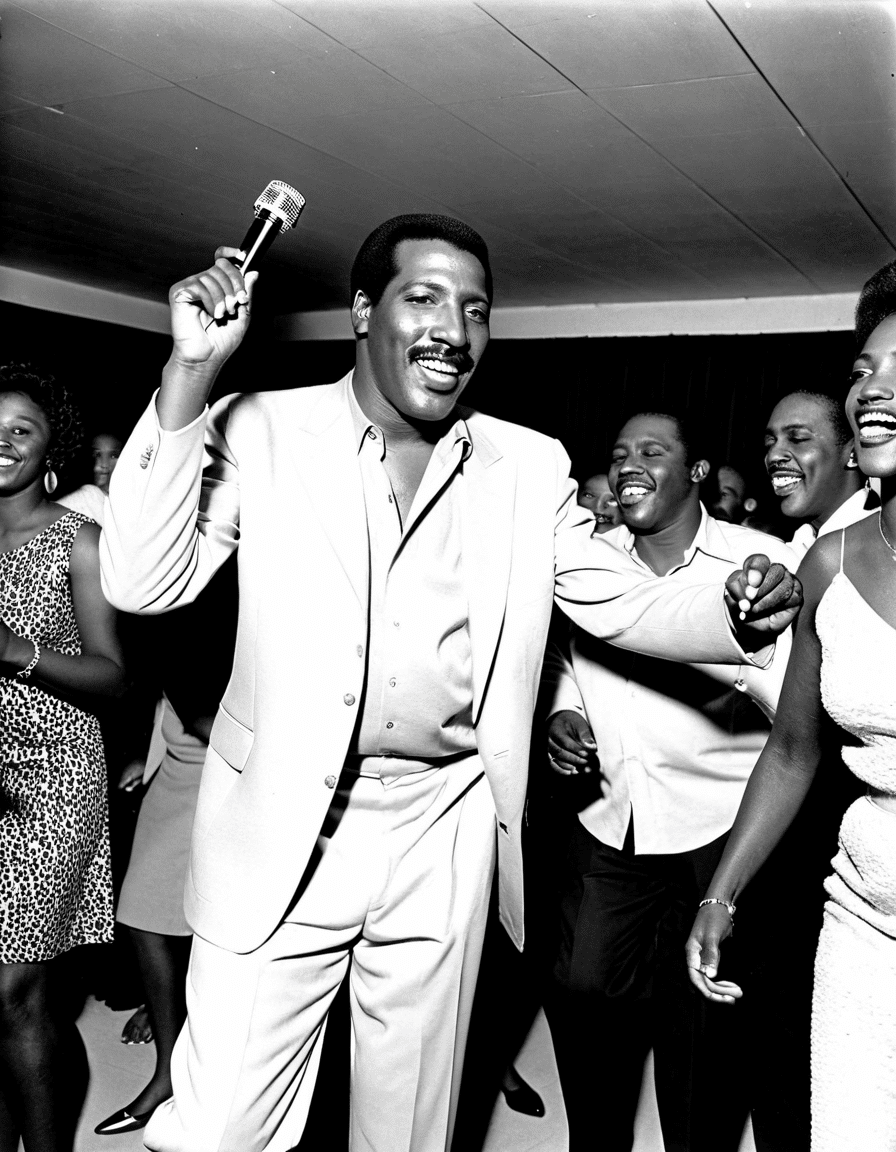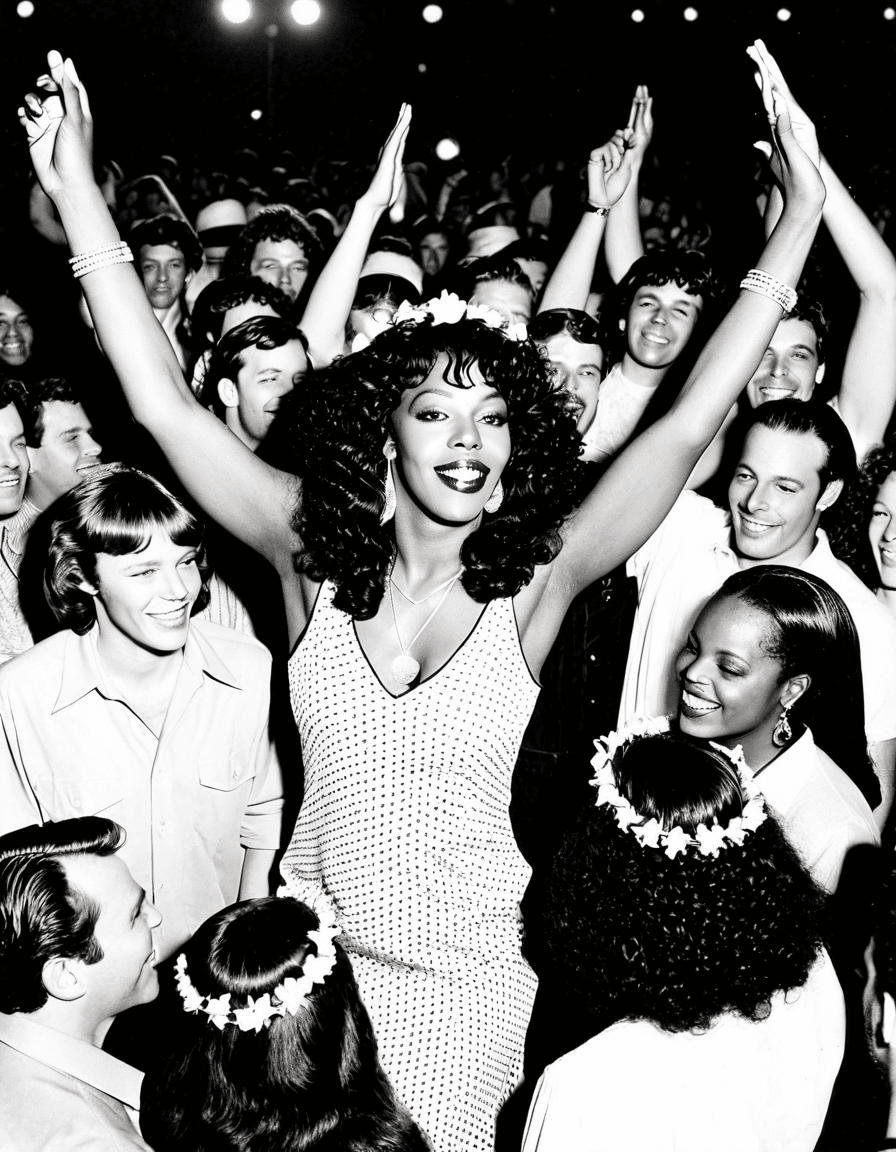When you think of musical legends, you can’t skip over Otis Redding. His remarkable voice, intense emotion, and transformative impact have made him one of the most celebrated figures in soul music history. With his heartfelt tunes and electrifying performances, Otis Redding didn’t just capture the spirit of his generation; he shaped the sound of countless artists to come. Today, we’re diving deep into the incredible legacy of Otis Redding and exploring how he influenced the likes of Eric Clapton, Carlos Santana, and more.
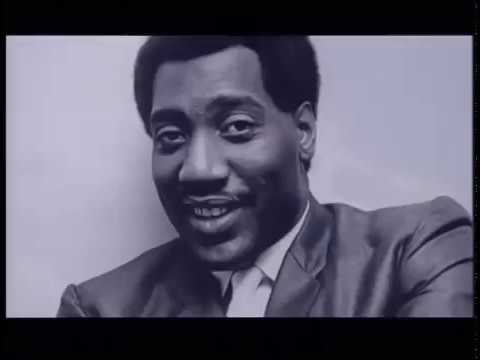
7 Ways Otis Redding Influenced Iconic Musicians
Otis Redding was more than just a talented singer; he was a revolutionary force in the world of music. His influence can be seen everywhere, from the tearful ballads of Eric Clapton to the vibrant melodies of contemporary artists. Here are seven compelling ways Otis Redding changed the course of music forever.
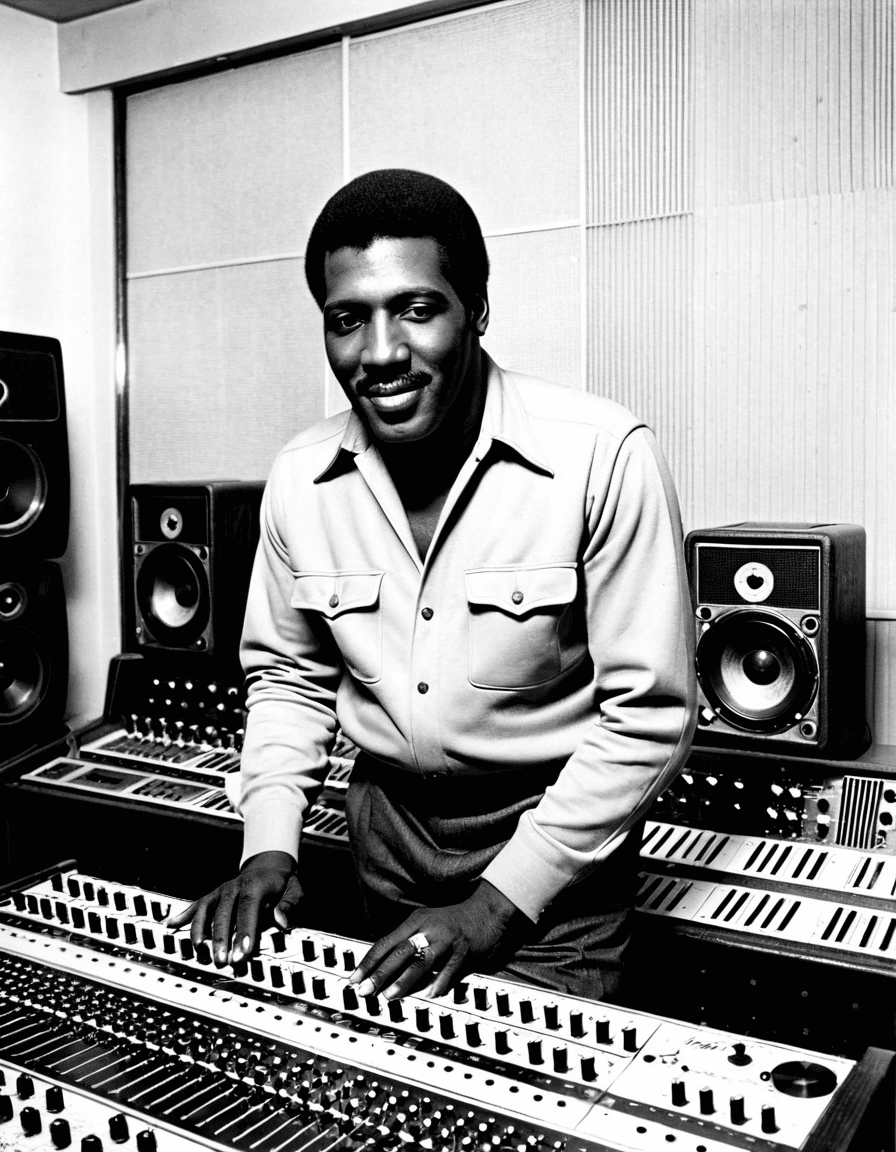
1. Emotional Intensity
Redding’s music is like a punch to the gut—in the best way possible! His ability to inject raw emotional power into his songs redefined soul music. Eric Clapton, a prominent figure in rock and blues, often cites Redding’s “Try a Little Tenderness” as a pivotal influence on his guitar work. You can hear that same emotional depth in Clapton’s ballads, showcasing how Redding’s heartfelt delivery resonates across genres.
2. Blending Genres
Redding was a maestro at fusing southern soul with rock and blues, paving the way for future musicians like Carlos Santana. In fact, Santana has often credited Redding’s powerful performances in the late 60s for inspiring his iconic blend of rock riffs and soulful melodies, especially evident in songs like “Black Magic Woman.” This blend of genres, made famous by Redding, paved the way for innovative sounds that continue to captivate audiences.
3. Charismatic Performances
Let’s face it: no one could light up a stage quite like Otis Redding. His electrifying presence became a standard for live performances, influencing artists such as Lionel Richie. Richie, who rose to fame in the Commodores, has often mentioned Redding as a significant influence on his career. You can see Redding’s charisma in Richie’s dynamic performances, where he connects with audiences in a way that’s just as soul-stirring as Redding did.
4. Vocal Techniques
Redding’s signature raspy voice and powerful delivery are unforgettable. Paul McCartney of The Beatles has often spoken about Redding’s song “I’ve Been Loving You Too Long” and how it shaped his approach to vocal expression. You can hear this influence in McCartney’s passionate delivery in tracks like “Maybe I’m Amazed,” echoing the soulful intensity that Redding made famous.
5. Songwriting Prowess
It’s not just about the singing; Redding was a phenomenal songwriter too. His ability to pen emotionally charged lyrics set a standard for artists like George Harrison. Harrison’s contemplative lyrics in “While My Guitar Gently Weeps” resonate with the emotional depth found in Redding’s ballads. Redding’s songwriting experience laid the groundwork for future songwriters to express complex feelings and narratives through music.
6. Cultural Impact
Redding didn’t shy away from challenging social norms; his music was a voice for change. Keith Richards of The Rolling Stones often reflects on how Redding’s works embodied the cultural shifts of the time. The Rolling Stones incorporated elements from Redding’s groundbreaking sounds into their blues-inspired tracks. His message transcended the music itself, tapping into the zeitgeist of social movements, especially during the civil rights era.
7. Legacy of Authenticity
Redding’s authenticity remains a guiding light for musicians today. His commitment to expressing raw truth resonates in the works of many contemporary artists. Modern musicians, from Adele to Leon Bridges, consistently draw from Redding’s emotional honesty, crafting lyrics that reflect genuine experiences—something that makes their music relatable and impactful.
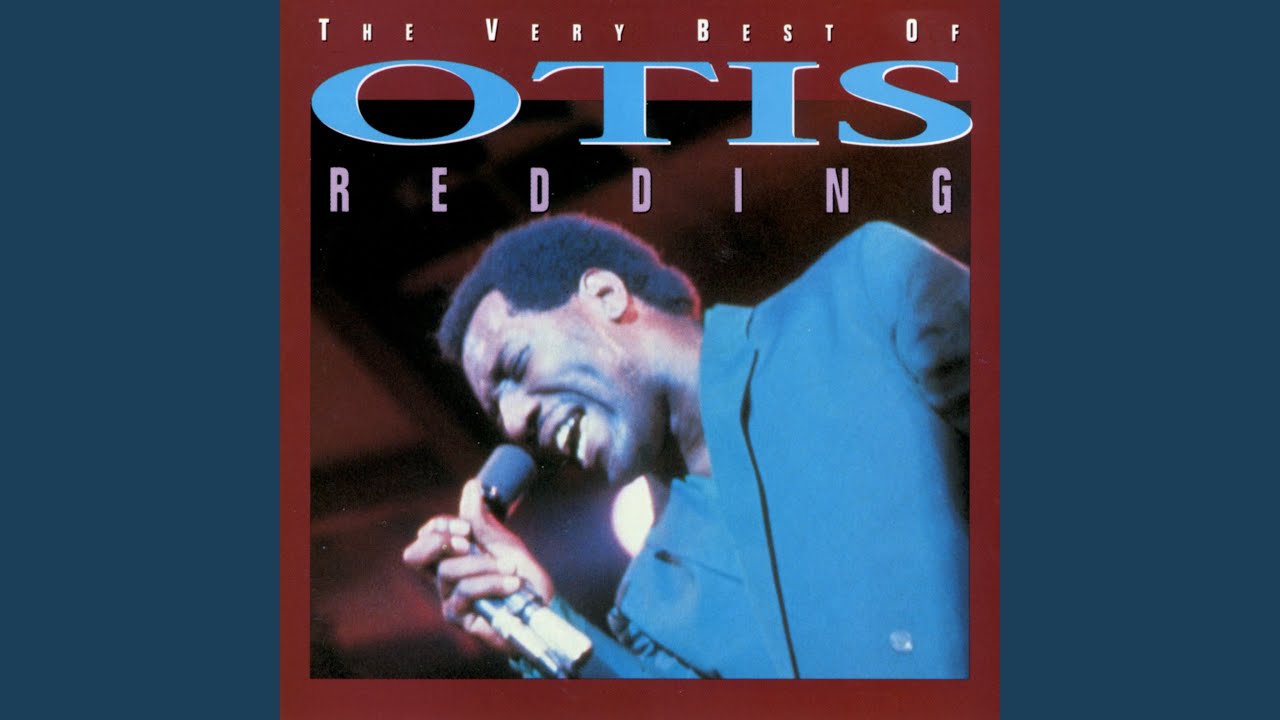
The Depth of Otis Redding’s Influence in Modern Music
Otis Redding’s influence isn’t just limited to sound; it’s woven into the very fabric of what it means to create music. His ethos about emotional authenticity and connection has inspired genres from rock to R&B. Today’s artists, including Adele and Bruno Mars, frequently reference Redding’s ability to convey deep emotional truths, proving that his legacy persists.
Let’s be real—who doesn’t belt out “Dock of the Bay” in the shower? Redding’s music taps into universal emotions that resonate through time. Working artists harness that same emotional power, connecting their audience with the raw human experience that Redding showcased so well.
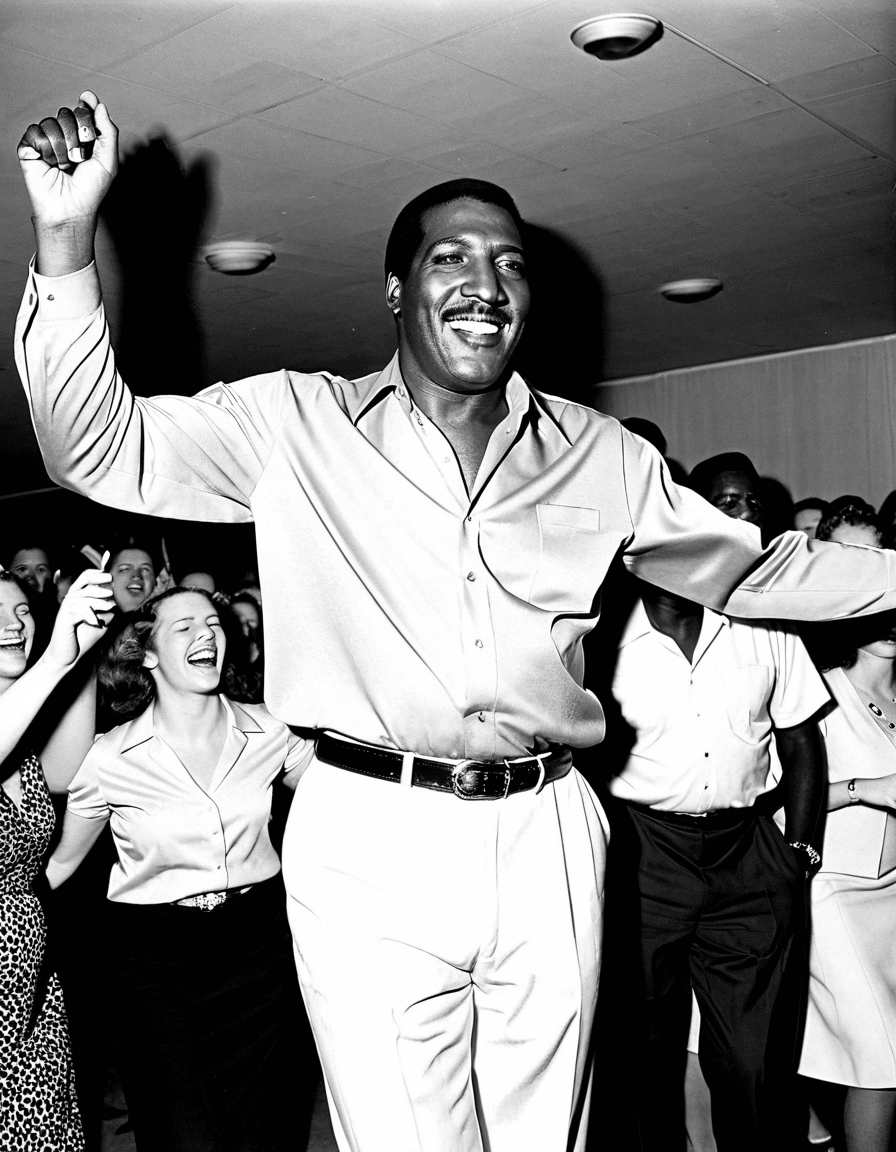
Remembering Otis Redding’s Creative Legacy
As we celebrate the incredible contributions of Otis Redding in 2026, it’s essential to appreciate both the man and the pivotal role he played in shaping music history. His groundbreaking techniques and emotional depth have left an indelible mark on artists who chase after authenticity.
In a world often searching for a path forward, Redding’s soul continues to guide musicians, urging them towards vulnerability, resilience, and a deeper understanding of the human experience. His music is a universal language, one that continues to inspire artists to this day.
So, the next time you find yourself tapping your foot to that classic Otis Redding groove, remember—you’re not just listening to music; you’re experiencing a legacy that changed everything. That’s the magic of Otis Redding, folks!
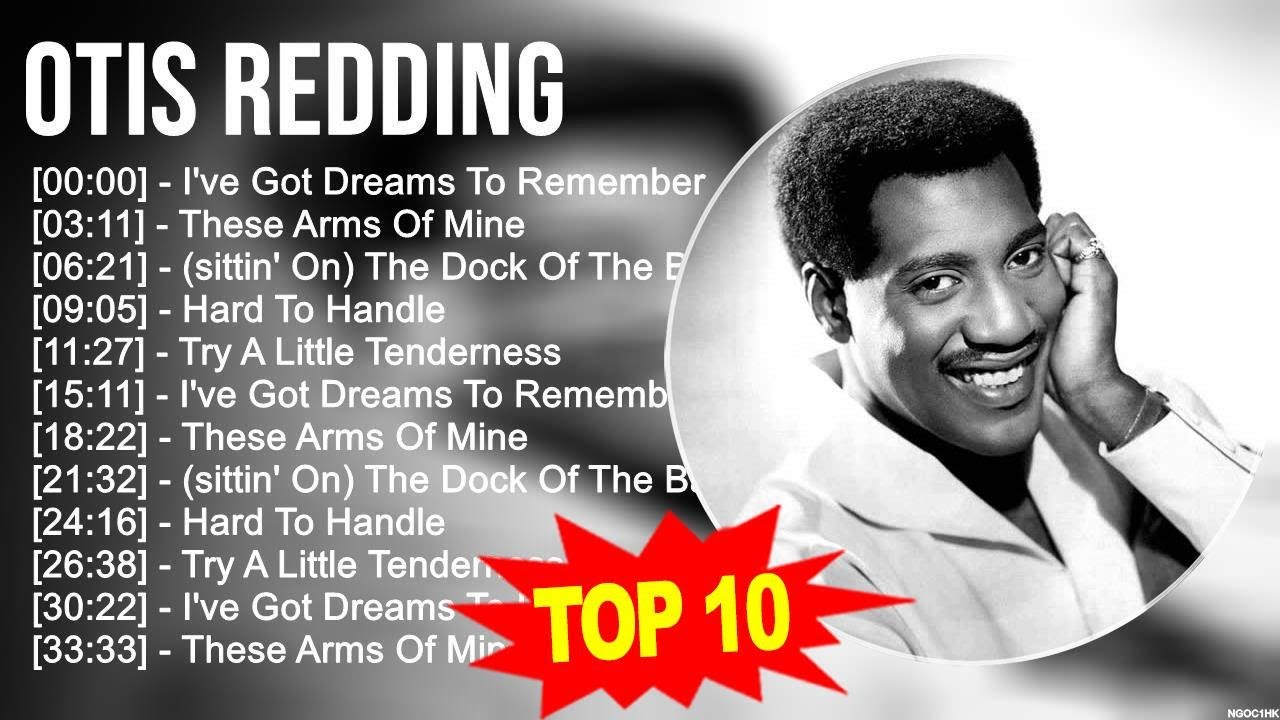
Otis Redding: Cool Trivia About a Soul Legend
The Origins of Soul Magic
Otis Redding partied his way to becoming one of the most influential figures in music history. He burst onto the scene in the 1960s and blended blues, gospel, and rock into a soul sound that knocked people off their feet. Fun fact: Otis was inspired by legendary artists but he also admired the improvisational skills of jazz musicians. Speaking of creativity, did you know that Spongebob movie fans appreciate Otis’s soulful influence? His music adds an emotional depth that resonates with many viewers.
Impact and Influence
Redding’s signature song, “(Sittin’ On) The Dock of the Bay,” became a chart-topping hit even after his tragic death in 1967. This soulful tune captures life’s bittersweet moments, reflecting Redding’s personal experiences. Moreover, his strong stage presence paved the way for future performers; you can see traces of his influence in the works of artists like Shonda Rhimes, who often incorporates music into her storytelling to evoke genuine emotion. It’s fascinating to think how these worlds intertwine, with icons like Ike Barinholtz even remarking on Redding’s lasting impact in contemporary pop culture.
Legendary Legacy
Redding’s legacy isn’t just confined to music; it branches out into various aspects of life. For instance, his songs often challenged social norms, making waves similar to current discussions prompted by figures like Harrison Floyd regarding socio-political matters. Redding, though, kept his message simple—love, pain, and joy—elements everyone can relate to. Interestingly, just like the rigorous artistic endeavors of creators like Mary Kay holthus who craft thought-provoking narratives, Otis’s music tackled the emotional intricacies of human existence, leaving listeners feeling understood.
Through every note, every performance, and every heart-pulling lyric, Otis Redding changed the music landscape forever. The rhythms of his soul continue to resonate, like the unique journey of an artist navigating their path, albeit in a manner that’s as smooth as the freshest Shoei out on the streets. His contributions remind us that great music transcends time, echoing within us all.
